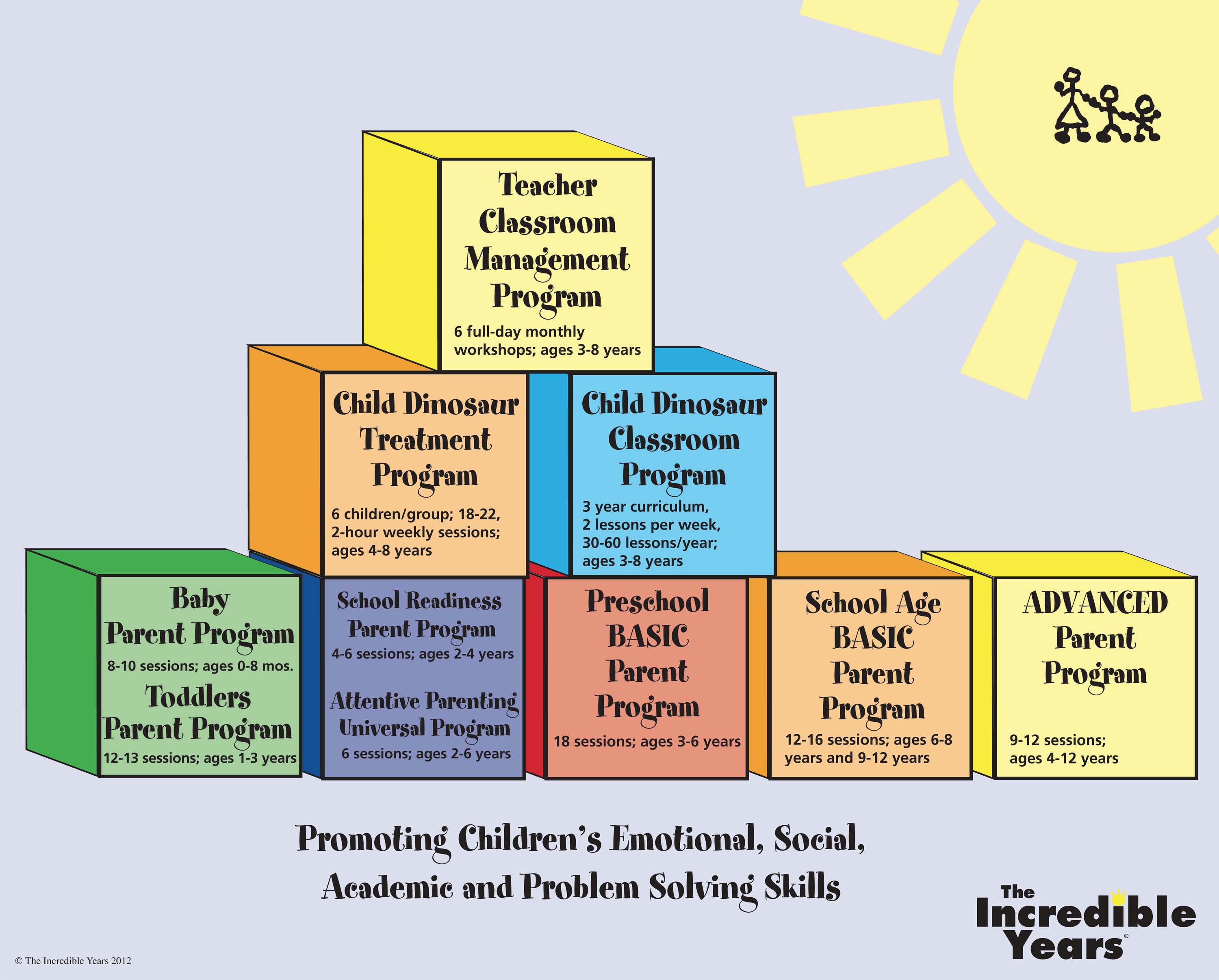

Unveiling Success: Mastering Effective Homeschooling Techniques
Embarking on the journey of homeschooling brings forth a multitude of possibilities and challenges. To navigate this educational path successfully, it’s essential to employ Effective Homeschooling Techniques. In this exploration, we delve into key strategies that empower parents to create a dynamic and impactful homeschooling experience for their children.
Understanding Individual Learning Styles
The foundation of effective homeschooling lies in recognizing and understanding the individual learning styles of each child. Tailoring teaching methods to match a child’s preferred learning style—whether visual, auditory, kinesthetic, or a combination—ensures that information is presented in a way that resonates most with the student. This customization sparks engagement and enhances comprehension.
Utilizing a Diverse Curriculum
Effective homeschooling is synonymous with a diverse and well-rounded curriculum. By incorporating a mix of subjects, including core academic areas, arts, physical education, and life skills, parents can provide a comprehensive education that nurtures both intellectual and practical abilities. A diverse curriculum fosters holistic development and ensures a broad knowledge base.
Implementing Project-Based Learning
Project-based learning is a powerful technique that enhances critical thinking, creativity, and problem-solving skills. Assigning projects that require research, planning, and execution not only reinforces academic concepts but also instills a sense of ownership and accomplishment. Project-based learning makes education an active and engaging experience for students.
Embracing Technology Integration
In the digital age, technology is a valuable ally in effective homeschooling. Integrating educational apps, online resources, and interactive platforms adds a dynamic layer to lessons. Virtual simulations, educational games, and multimedia presentations cater to varied learning styles, making complex concepts more accessible and fostering a positive attitude toward technology.
Establishing a Consistent Routine
Consistency is a cornerstone of effective homeschooling. Establishing a daily routine provides structure and predictability, creating a conducive learning environment. A consistent routine not only aids in time management but also helps students develop a sense of responsibility and discipline, essential skills for lifelong learning.
Encouraging Independent Learning
Fostering independence is a key aspect of effective homeschooling techniques. Encouraging students to take ownership of their learning, set goals, and manage their time builds self-reliance and a strong work ethic. Independent learning prepares students for future educational endeavors and instills a lifelong love for acquiring knowledge.
Incorporating Real-World Experiences
Education goes beyond textbooks, and effective homeschooling involves incorporating real-world experiences. Field trips, community service, and hands-on activities provide context to academic concepts and make learning more tangible. These experiences broaden a child’s perspective and emphasize the practical applications of theoretical knowledge.
Regular Assessment and Feedback
Continuous assessment and constructive feedback are crucial elements of effective homeschooling. Periodic assessments, quizzes, and projects help gauge a student’s understanding and identify areas that may need additional focus. Providing timely feedback offers guidance for improvement and reinforces positive learning outcomes.
Cultivating a Love for Lifelong Learning
The ultimate goal of effective homeschooling is to cultivate a love for lifelong learning. Creating an environment where curiosity is nurtured, questions are encouraged, and the joy of discovery is celebrated fosters a genuine passion for learning. Instilling this love lays the foundation for students to approach education with enthusiasm throughout their lives.
Effective Homeschooling Techniques form the bedrock of a successful homeschooling experience. By understanding individual learning styles, utilizing a diverse curriculum, implementing project-based learning, embracing technology, establishing a consistent routine, encouraging independent learning, incorporating real-world experiences, providing regular assessment and feedback, and cultivating a love for lifelong learning, parents can create a vibrant and impactful educational journey for their children.
To delve deeper into effective homeschooling techniques, visit SocialFacePalm.








